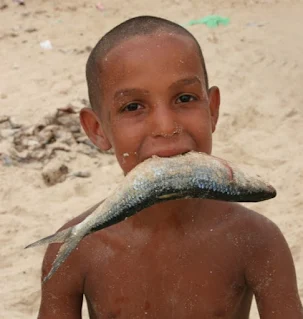Banc d’Arguin National Park in Mauritania — Flamingos, Green Sea Turtles and the Imraguen People
North Africa’s Banc d’Arguin National Park is one of Africa’s top bird-watching destinations, famous for its flamingos, green sea turtles, and the traditional fishing culture of the Imraguen people.
A UNESCO World Heritage Site on Africa’s Atlantic Coast
Banc d’Arguin National Park, created in 1976, protects over 12,000 square kilometers (3 million acres) of coastal dunes, islands, and wetlands along Mauritania’s Atlantic coast. Its shallow waters support seagrass beds, coral reefs, and sandy shores that sustain one of the richest marine ecosystems in West Africa.
Bird-Watching Paradise — Especially Flamingos
Home to both greater and lesser flamingos, the park is one of Africa’s most important zones for nesting and overwintering birds. From August to December, migratory birds arrive from Africa, northern Europe, Siberia, and Greenland. Visitors can see flamingos wading in the shallows, feeding on algae and crustaceans — a breathtaking sight for bird lovers.
A Haven for Green Sea Turtles
The endangered green sea turtle travels long distances to nest on Banc d’Arguin’s quiet beaches, making it a crucial sanctuary for marine conservation.
The Imraguen — Guardians of the Sea
The Imraguen people, whose name means “the ones who gather life,” have lived along this coast for centuries. Known for traditional fishing methods — including working with dolphins to herd fish — the Imraguen are vital to the park’s cultural identity. Despite challenges like overfishing and climate change, they preserve their sustainable sea-based heritage.
Why Banc d’Arguin Matters
Declared a UNESCO World Heritage Site, Banc d’Arguin blends stunning biodiversity, migratory bird sanctuaries, and ancient fishing traditions. It is one of the most important protected coastal wetlands on Earth — a must-see for bird-watchers, eco-travelers, and culture seekers.




























